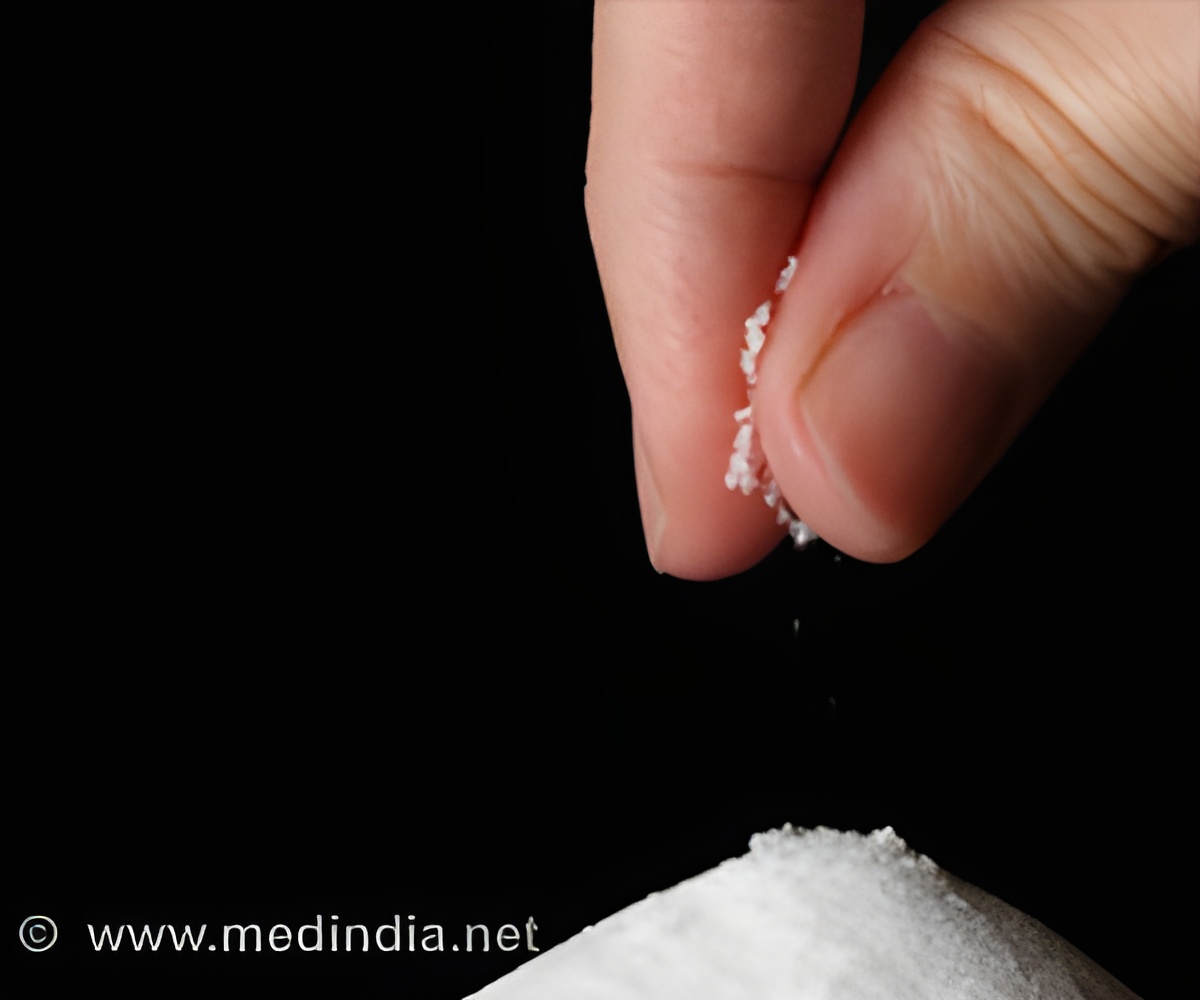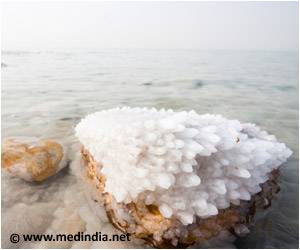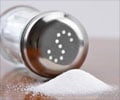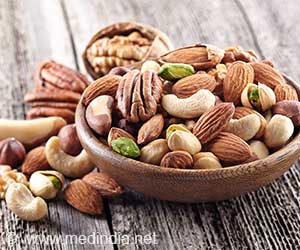Exorbitantly high levels of salt in processed and packed foods can be terribly hazardous to health, especially your heart.

But does the 'add salt to taste' theory really applicable to us in our daily lives? Processed and packaged foods are loaded with exorbitantly high levels of sodium, which can be terribly hazardous to health. This practice adopted every day can cause permanent damage to health, and is exceptionally harmful for patients suffering from heart diseases.
Reasons to 'add' the salt: For starters, salt gives you the daily requirement of sodium, which is essential for the metabolic activities of your body and its proper functioning. The healthy functioning of the muscular and nervous system is largely dependent on the sodium levels of the body.
Furthermore, sodium forms a good portion of our blood, which ultimately links sodium intake to circulatory system health.
Another reason to add salt to your meals is that a certain amount of salt is required by the body to maintain optimum blood pressure. Salts are also concerned with the endocrine and hormonal system, ensuring that they function properly.
Moreover, the salt that we consume everyday is iodized, meaning it gives us our daily requirement of iodine too. A deficiency in iodine can result in goiter and other complications in the body.
Excessive salt consumption can also cause negative impacts on cardiovascular health. Water retention and swelling are also observed in people having a habit of adding more and more salt to their diets.
Firstly, it is important to note the maximum intake of salt per day, beyond which, health problems can occur. The American Heart Association recommends a maximum of 1500mg of sodium intake every day.
If you are one of those who make it through the day with a burger or a Frankie from the roadside stall and a bag of chips, chances are, your sodium intake is way above normal.
Look for sodium content in the labels whenever you buy packaged products. Cheese and butter have enormous amounts of sodium.
Next, look for substitutes to satisfy your taste buds-squeeze a bit of lemon or a pinch of paprika over your lunch, instead of using the shaker. Salt substitutes can be an option for those suffering from high blood pressure.
One of the best ways to cut down your intake of sodium is to cook with no salt. Once your meal is prepared, just sprinkle a bit of salt on the top right before serving. That way, you'll feel the taste, but will be taking in a much lesser amount of sodium.
Substitute table salt for sea salt - it is thought to be a much healthier option than the former.
Source-Medindia
 MEDINDIA
MEDINDIA




 Email
Email






